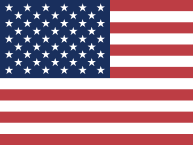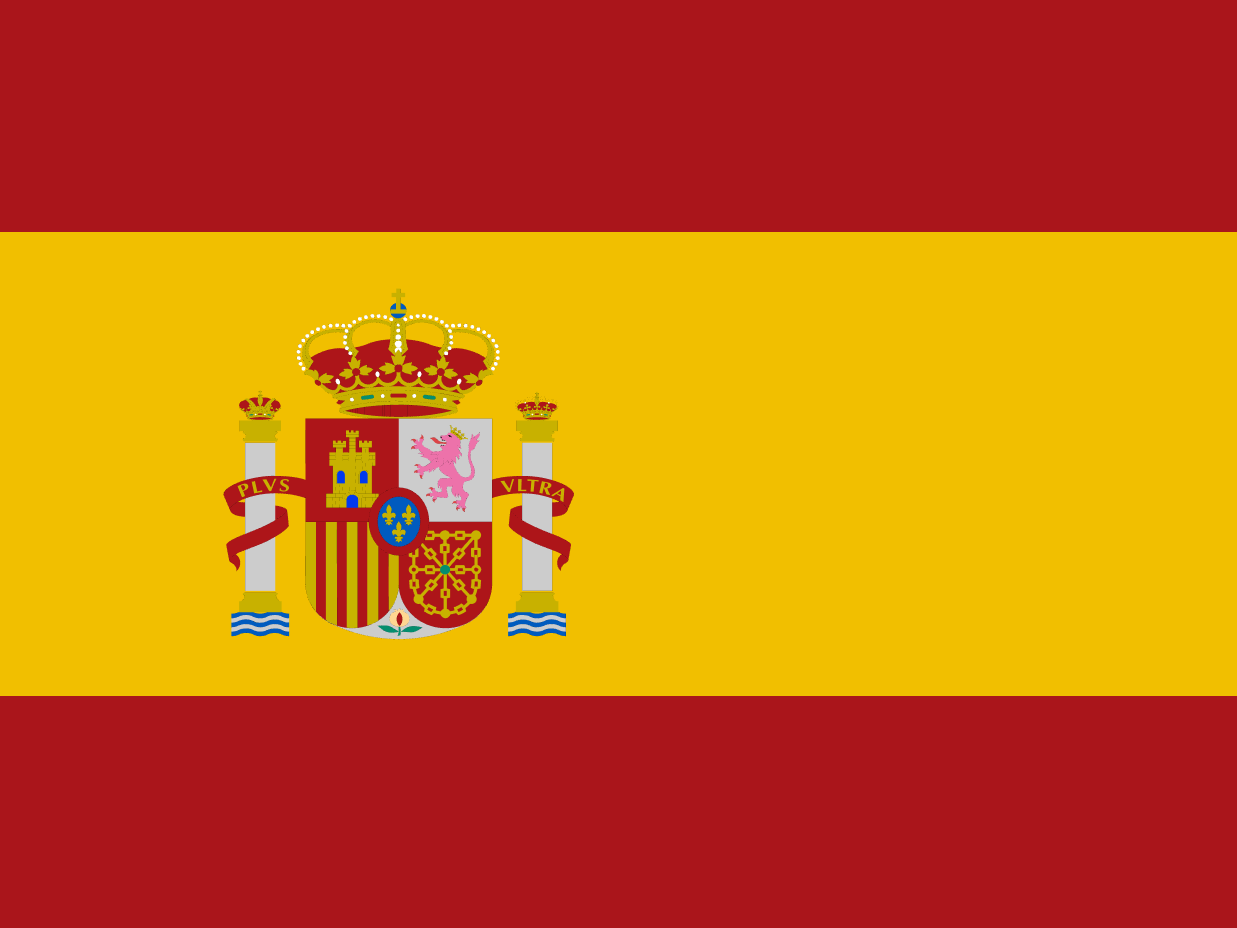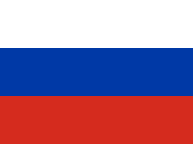Why Licensing Matters in iGaming
Licensing isn't just a legal checkbox—it's the foundation of your credibility, security, and ability to operate globally. A licensed online casino earns player trust, gains access to payment gateways, and avoids hefty legal penalties.
Understanding the licensing landscape helps beginners avoid costly mistakes, platform shutdowns, and regulatory violations.
Top Licensing Jurisdictions for Online Casinos
Different countries offer different advantages and challenges. Here are some of the most popular and beginner-friendly jurisdictions:
1. Malta Gaming Authority (MGA)
- High trust among players and financial institutions
- EU-recognized and business-friendly
- Moderate costs and robust regulation
2. Anjouan eGaming
- Quick and affordable setup
- Ideal for startups and low-risk games
- Less oversight, which may impact long-term trust
3. UK Gambling Commission (UKGC)
- One of the strictest and most respected regulators
- Mandatory for targeting UK players
- Higher cost and rigorous compliance
4. Isle of Man & Gibraltar
- Well-regarded in Europe and Asia
- Tax advantages and flexible corporate structures
- Requires detailed financial and background checks
Key Requirements for Obtaining a License
Each jurisdiction has different criteria, but most will require:
- Business incorporation in the licensing country
- Background checks on stakeholders
- Proof of financial solvency
- A secure and tested gaming platform
- Anti-money laundering (AML) and responsible gaming measures
Preparing these documents in advance speeds up approval and reduces rejections.
Licensing Costs
Licensing fees can vary greatly depending on the jurisdiction:
- Curacao: ~$10,000–$25,000 per year (including setup and renewal)
- MGA: ~$30,000–$100,000 depending on license type
- UKGC: Application + annual fees based on gross gaming revenue (GGR)
Additional costs may include:
- Legal consultation
- Compliance testing
- Corporate taxes and local office fees
Budget realistically—licensing is a long-term investment, not a quick expense.
Compliance Doesn't Stop After Approval
Once you’re licensed, you’ll need to maintain compliance:
- Submit regular financial reports
- Maintain player records and AML processes.
- Pass audits from the licensing body.
- Keep software and RNG certifications up-to-date.e
Failure to comply can result in fines or even the revocation of your license.
When Should You Consider a White-Label License?
A white-label license can be smart if you want to launch quickly and test the market. These are offered through platform providers who already hold a master license.
Pros:
- Fast setup (weeks instead of months)
- Lower upfront cost
- Legal coverage through the provider
Cons:
- Less control over operations
- Limited branding flexibility
- Not ideal for long-term scaling or selling the business
Regulatory Pitfalls to Avoid
Many first-time operators overlook minor details that can lead to significant setbacks. These include applying for the wrong license type, underestimating compliance timelines, or selecting a jurisdiction that doesn't align with their target market.
Consult a legal expert who understands international gambling laws, especially if you plan to operate in multiple regions. A single oversight could cost your business before it starts.
How Licensing Affects Payment Processing
Most reputable payment gateways will only work with licensed casinos. Without a valid license, it's difficult—if not impossible—to offer credit card payments, crypto wallets, or bank transfers.
Having a strong license unlocks reliable payment solutions and helps reduce chargebacks, fraud, and trust issues with both banks and users. A good license equals better financial operations.
Planning for License Expansion as You Grow
You might start with a Curacao or white-label license, but what happens when you want to scale globally? Planning for multiple licenses early on can help prevent friction as your casino gains traction.
Many successful operators begin in one jurisdiction and then add UKGC or MGA licenses later to access European markets. Building a roadmap for licensing expansion will prepare your platform for international growth.
Conclusion
Your license determines where you can operate, how much you’ll pay in taxes, and whether players will trust your casino. Don’t rush it. Evaluate jurisdictions based on your budget, target market, and growth goals.
For first-time operators, starting with a Curacao or white-label license may make sense—just ensure you plan for future upgrades as your brand grows.
Are you Ready?
Ready to launch your online casino legally and with confidence?
Our experts help startups select the appropriate license, avoid compliance pitfalls, and launch scalable casino platforms.









.png)

.svg)
.png)

.png)


.png)

